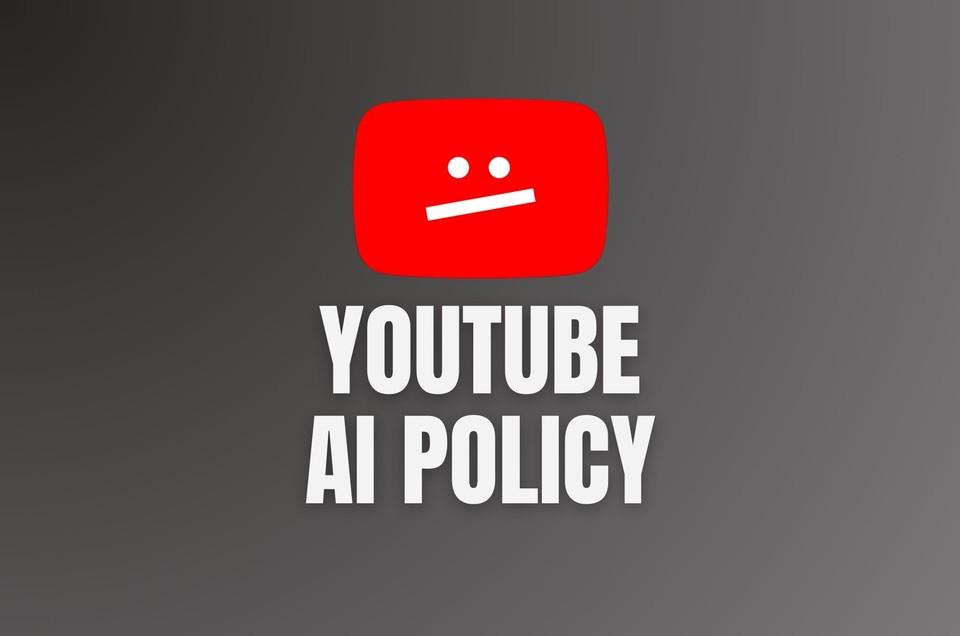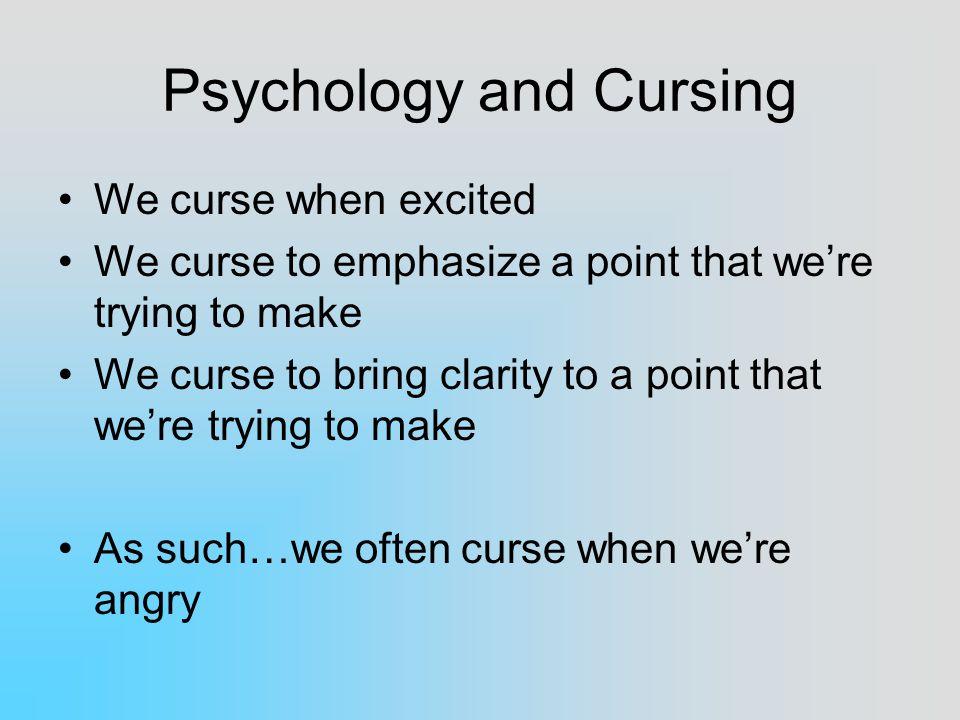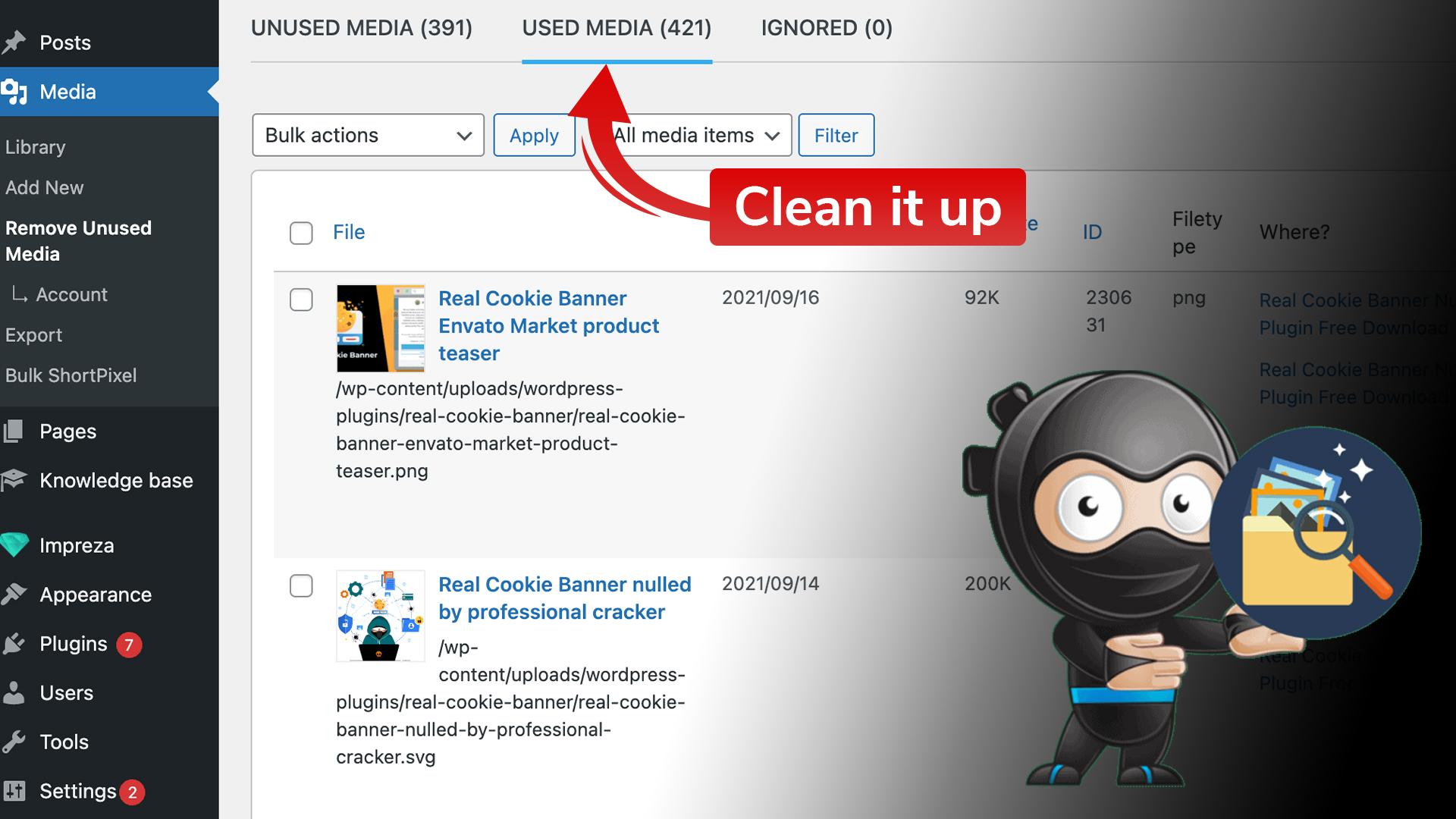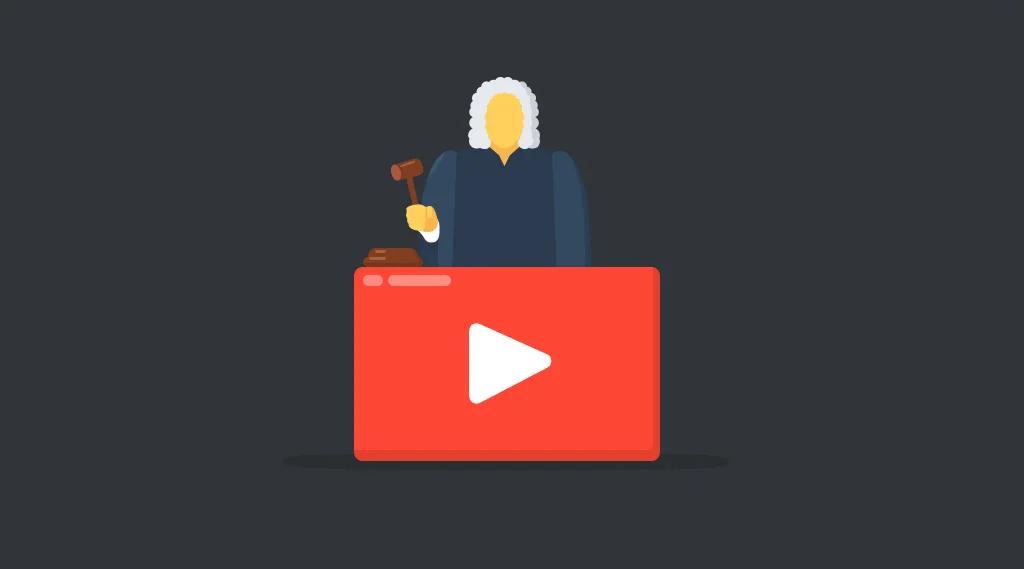Ever caught yourself letting out a well-placed curse word when you stub your toe or get stuck in traffic? Yeah, we’ve all been there! And with the rise of YouTube, many creators are stepping up their game, whether it’s through sharing hilarious skits, motivational talks, or cooking tutorials. But here’s a question that might tickle your curiosity: can this platform actually influence our language choices? As more channels adopt family-friendly policies and consider their audience’s preferences, are we really on the brink of a world where cursing becomes a rarity? Let’s dive into the nitty-gritty of whether YouTube could play a role in taming our tongues, or if we’ll always keep our beloved expletives close at hand!
Exploring the Impact of YouTubes New Policies on Language Choices

With YouTube rolling out its latest policies aimed at moderating content, creators are left to ponder how these changes might affect their expression, especially when it comes to language. Imagine diving into your favorite gaming video, only to hear a muffled version of your go-to phrases, like “What the heck?” instead of “What the hell?” It’s a tricky balance, isn’t it? Content creators may find themselves tiptoeing around their authentic voices, trying to gauge what’s deemed acceptable while still trying to connect with their audience. In a space that thrives on relatability and genuine expression, these restrictions could feel like wearing a straight jacket during a dance-off.
Moreover, we can break down how these policies might shift the landscape of YouTube content creation. Consider the following aspects:
- Audience Engagement: Will a sanitized version alienate hardcore fans who loved the unfiltered banter?
- Content Diversity: Are creators feeling pressured to conform, thus stifling originality in their videos?
- Monetization Concerns: How will advertisers react to cursing, and will this affect creator revenue streams?
While these changes aim for a more family-friendly environment, they also spark debates within the creator community. Many will have to rethink their approach, potentially reshaping not just their language but their community’s identity too.
The Psychology Behind Cursing: Why We Swear and How It Affects Us

Cursing isn’t just about stringing together a few colorful words; it runs deeper into our psyche than most people realize. When we let out a good swear, it’s like releasing a pressure valve on a boiling pot: cathartic and sometimes necessary. Every time we let an expletive fly, we’re tapping into a strong emotional outlet, whether it’s frustration, joy, or surprise. Just think about it—ever stub your toe and yell something? That instinctive reaction is your brain’s way of processing pain more quickly, and studies suggest swearing even dulls physical discomfort! It’s like giving yourself a mental high-five during tough moments. In a way, swearing becomes a form of self-expression that sometimes feels more freeing than polite language ever could.
But how does all this tie back to platforms like YouTube? With the growing trend of content moderation and restrictions on language, many creators are wrestling with whether they should tone it down for the sake of their audience and community guidelines. While some argue that cutting back on cursing might elevate the conversation and widen their viewer base, the reality is that swearing often enhances authenticity. There’s a rawness to it that helps creators connect on a personal level, making their content feel genuine. At the end of the day, whether you choose to swear or not, it’s all about finding that sweet spot—where your voice shines through, minus the stress and pressures of conforming to the mainstream. So, will cursing be regulated away on platforms? Maybe, but human emotion is tough to box in!
Practical Tips to Embrace Clean Content Without Losing Your Voice

To keep your content clean while still sounding like yourself, think of it like seasoning your favorite dish. You want to enhance the flavor without overpowering it. Start by identifying the specific words or phrases you naturally lean on. Consider swapping them out for more polished alternatives—like replacing a harsh expletive with a playful euphemism. It’s like choosing to throw in a dash of herbs instead of a tablespoon of hot sauce; you’ll keep the essence of your personality, just without the extra kick. Don’t be afraid to experiment until you find that sweet spot where your style remains intact.
Another handy trick is to embrace storytelling as a means to express yourself. Instead of directly stating your frustrations, articulate them through anecdotes. For instance, instead of expressing irritation with a curse, weave a funny tale about something that got under your skin. Not only does this maintain your voice, but it also makes your content richer and more engaging. Think about it: would you rather listen to someone rant or share a laugh over a relatable experience? By presenting clean content with flair, you’ll keep your audience entertained and wanting more.
Finding Balance: How to Navigate YouTube’s Rules While Staying Authentic

Navigating YouTube’s labyrinth of rules while remaining true to yourself is like walking a tightrope—one misstep and you might find yourself in a world of trouble. But fear not! You can still shine bright and express your authentic self without compromising your creativity. The key lies in understanding the platform’s nuances while crafting content that resonates with your audience. Think of it as seasoning your favorite dish—just the right amount of spice can elevate your message without drowning it. Here are some tips to keep in mind:
- Know the Guidelines: Familiarize yourself with YouTube’s community guidelines. It’s like learning the ropes; once you know what to avoid, you can unleash your creativity without fear.
- Creative Expression: Use humor, storytelling, and relatable anecdotes as substitutes for harsh language. Your personality can shine through even without the extra seasoning of cursing.
- Engage Your Audience: Encourage feedback. Ask your viewers what they enjoy and adapt your style while still staying true to who you are.
Consider making a simple table to summarize your content strategy. It can serve as a helpful reference point as you create your next masterpiece:
| Aspect | Focus |
|---|---|
| Content Type | Entertaining yet informative |
| Language Level | Casual and relatable |
| Engagement | Community-driven feedback |
Finding that sweet spot between your genuine voice and YouTube’s regulations is crucial for long-term success. The goal is to express your personality while creating a welcoming space for everyone watching your content. With creativity as your compass and authenticity as your guide, you can navigate YouTube’s seas with confidence, making waves without drowning in rules.
To Wrap It Up
As we wrap things up, it’s clear that YouTube and its content policies may have a bigger impact on our cursing habits than we initially thought. Just like a gentle nudge from a friend to clean up your language, these platforms can shape how we communicate. Whether you’re a seasoned sailor with your words or someone who prefers to keep it PG, the digital landscape is always shifting, and it’s fascinating to see how it influences the way we express ourselves.
So, are you ready to reconsider your word choices? Maybe it’s time to think about what you want your conversations to say about you. The next time you hit that record button or leave a comment, remember that every word matters. Who knows? You might just discover a new, colorful way to express yourself without dropping the f-bomb. After all, cursing might feel good at the moment, but finding that creative spark without it can be a game-changer. Keep it playful and expressive, and let’s see where this wild ride of language takes us!
